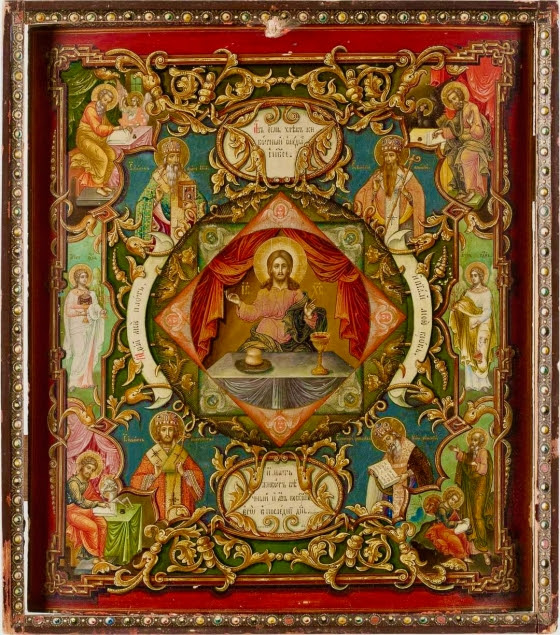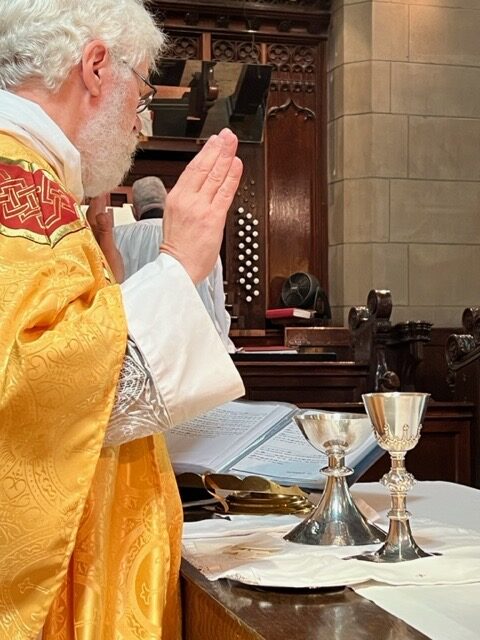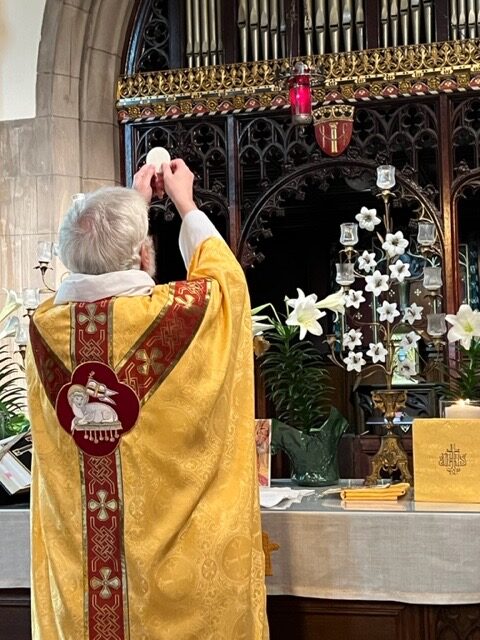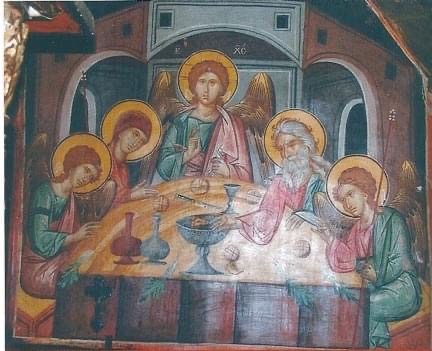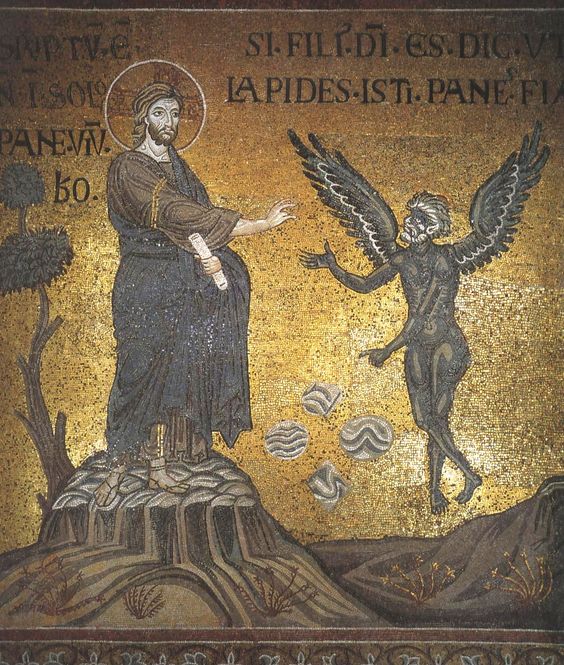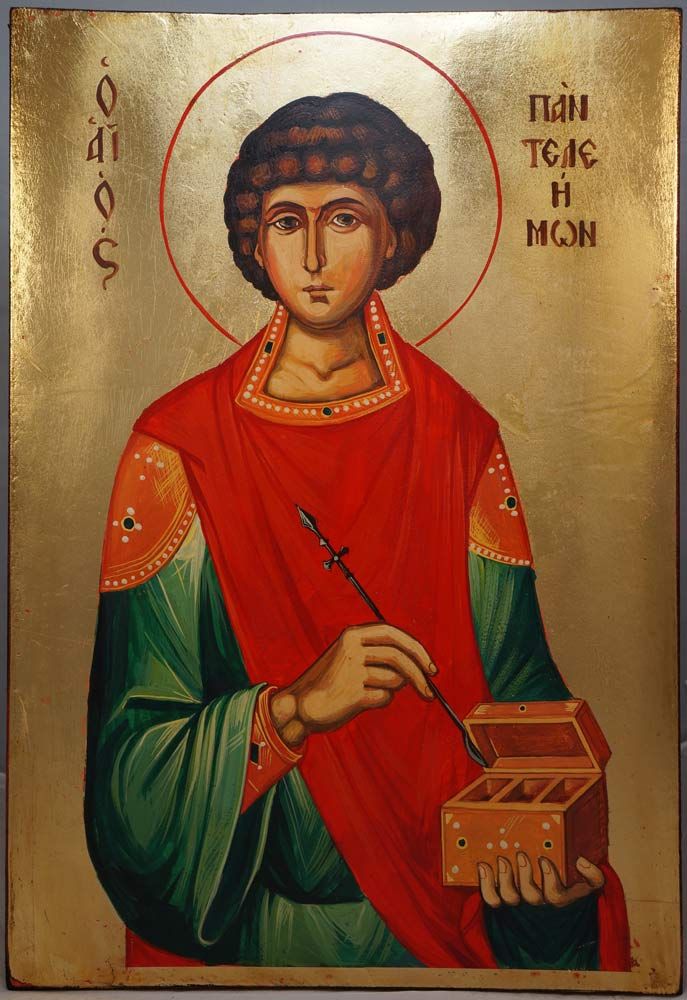One of things that scared those who denied Christ’s presence in the Eucharist was that if true—if Christ is really and truly present somehow in the Eucharistic bread and wine—then how could anyone dare to receive it? How could anyone of us dare to stretch out their hands or open their mouths unless they were as pure as the angels themselves?
Taking St. Paul’s admonition seriously, without discerning the body—without adequate self-examination and preparation to receive the Eucharist—a person would be eating and drinking judgement on themselves. And the people who denied that Christ is present in the Eucharist weren’t wrong to be frightened. It is an awesome thing to dare to reach out and touch—much less, consume!—the bread of the Eucharist if it truly is Corpus Christi, the Body of Christ.
But St. Paul didn’t say the Corinthians had to be pure or sinless. He said they had to be worthy. Worthiness is a very different thing. To be worthy to touch, to be worthy to consume the Body of Christ does not mean to be sinless. As several English theologians in the 1600s and 1700s pointed out, to be worthy is to be committed to self-examination, committed to repentance, committed to always turning around, changing direction, re-orienting myself towards Christ.
So I must always prepare to approach the Table by examining myself, reviewing what I have done and who I have been during the time since I last approached the Holy Table. Examine myself, measure myself against our standard—which is Christ—and determine how I might, in perhaps some single small way, turn my back on that person that I do not want to be and take some small step closer to being the person I was made to be in Christ.
To be worthy of receiving Holy Communion, to dare to touch the Corpus Christi, I must be committed to self-examination and repentance. One of those English theologians, Simon Patrick[1] in 1660, suggested using a phrase from the Gospel that Greek and Russian Christians use as they approach the chalice: “Lord, remember me when you come in your kingdom.”
The thief crucified with Christ acknowledged Jesus as Lord and reoriented his life—turning his back on his image of himself as a victim who was owed whatever he could take from other people—and he asked Jesus to make a place for him in the Kingdom. What was Jesus’ answer? “Today, you will be with me in paradise.” If we approach the chalice with the self-examination, the reorientation of our lives, the words of the thief—Remember me in your kingdom—Christ makes the same promise to us: Today you will be with me in paradise. Today you will begin to live forever.
[1] Bishop of Ely, Mensa Mystica, or a Discourse concerning the Sacrament of the Lord’s Supper. (Prayer Book Spirituality, p. 283)

